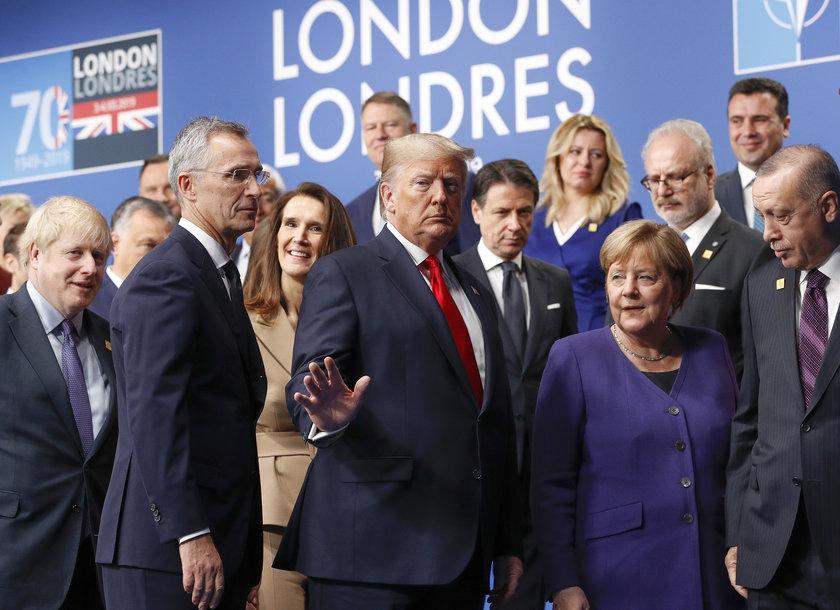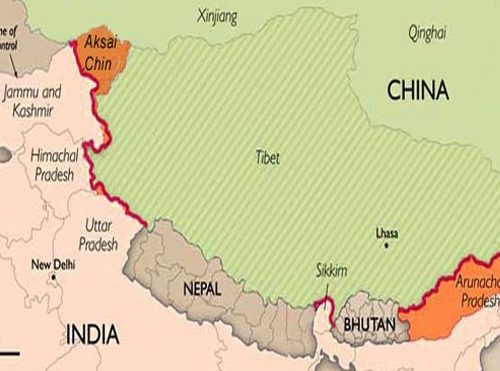by
With populism and nationalism currently in the ascendancy in much of the world, where should we look for inspiring democratic leadership? It will not come from Trump, of course, but the US has shown enlightened and visionary global leadership before, and it can do so again.
In most airport bookshops, you will see rows of titles offering business travellers advice on leadership. I should not disparage them. It is doubtless possible to rise in the marketing department by learning a lesson or two from Sun Tzu’s The Art of War.
And, to be fair, some airport books on leadership are thoughtful, and draw on a variety of examples. The investor and philanthropist Michael Moritz, for example, has written very well about business leaders like Steve Jobs and Lee Iacocca, and co-authored a highly readable book on leadership with Sir Alex Ferguson, the legendary former manager of Manchester United.
You also may be able to draw lessons in leadership from the careers of great military commanders. In The Mask of Command, the military historian John Keegan notes the inevitably different requirements demanded of leaders at different times and in different technological environments. But the two things I took from his essays on Ulysses S Grant and the Duke of Wellington were the importance of knowing what is happening – easier for Grant because of the telegraph – and the ability to explain clearly what you want to do.
Similarly, in her work on US presidents Abraham Lincoln, Theodore Roosevelt, Franklin D Roosevelt, and Lyndon B Johnson, the American historian Doris Kearns Goodwin has highlighted leadership lessons that modern politicians such as former president Barack Obama have found useful.
Nonetheless, I tend to draw the line at recently retired politicians giving leadership advice (typically for a handsome fee), without much grace about what they got wrong and with a tendency to lecture the generation following them on how much better they did things in their day. The British politician Enoch Powell used to say that most political careers end in failure. That would be a good starting point for essays in well-remunerated vainglory.
So, which qualities are most needed in democratic leaders today? And what should these leaders do to tackle the numerous difficult issues facing their countries and the world, while countering a rising tide of populism and nativism?
The essence of leadership
Some practitioners and philosophers have raised doubts about the very idea of organised, visionary leadership. Oliver Cromwell’s dictum was that “he goes furthest who knows not where he is going.” For Karl Marx, all history was a record of class struggle: on that criterion, he thought that Napoleon III, France’s emperor from 1852 to 1870, was “a grotesque mediocrity.” Men may make their own history, Marx conceded, but not in circumstances of their own choosing. Leo Tolstoy, meanwhile, thought that great men were no more than “labels giving names to events.”
I lean toward a rather more positive view of leadership. For the philosopher Georg Wilhelm Friedrich Hegel, for example, “the great man of his age is the one who can put into words the will of his age.” The German chancellor Otto von Bismarck had a similar view: “The statesman’s task is to hear God’s footsteps marching through history, and to try and catch on to His coattails as He marches past.” At the very least, I believe that great men and women are capable of postponing catastrophe – a point made by the former British prime minister David Lloyd George – and thus making the world a little better than it otherwise would have been.
Some aspects of leadership are common to different areas of activity. For starters, context obviously matters. If you take over a healthy concern in benign conditions, your leadership qualities may not be obvious, and may not need to be. I mean no disrespect, but it is difficult to imagine a political titan emerging from Luxembourg. Conversely, Bismarck would not have forged German unification on the iron of Prussian militarism without the manifest failure of the German Confederation.
Secondly, I suspect that leadership must be about more than personal ambition in order to be sustained and effective. Careers that go up like a rocket can easily come down like wreckage.
Thirdly, in every area there is a difference, as Goodwin notes, between power, title and leadership. This is what makes democratic leadership a supreme challenge. In democracies, you have to earn the right to rule through a combination of temperament and intellect. You must win people over. You cannot lock up your opponents – not even US President Donald Trump can do that – or shoot or poison those who disagree with you. Instead, you have to win their respect.
In his fine recent biography of French President Charles de Gaulle, the historian Julian Jackson describes the mix of qualities that make an effective democratic leader. The general practiced a patient and relentless pedagogy that was the antithesis of demagoguery. He was charismatic but not a populist, and his leadership combined reflective intelligence with intuitive action. Or, as de Gaulle once said, “behind the victories of Alexander lies Aristotle.”
America the great
During most of my life, world leaders largely heeded the terrible lessons learned in the first half of the twentieth century, when xenophobic nationalism wrought political and economic havoc, and human rights and civil liberties were trampled underfoot. After 1945, most of the world became safer and more prosperous under American leadership, which encouraged the spread of welfare capitalism and a belief in – and commitment to – the universality of human rights. In fact, few victorious powers in history have shown the visionary generosity that the United States did in building a better and more stable international order after World War II. Moreover, successive US governments usually accepted that rules and behaviour agreed upon internationally should apply to America as well as to other countries.
Three main assumptions lay at the heart of this approach. For starters, US policymakers believed that nation-states succeeded if others succeeded as well. America’s interest was therefore in helping others, not holding them back. Furthermore, that message needed to be understood by American voters. President Harry S Truman famously had a sign on his desk that read, “The buck stops here.” Less well-known is that the reverse side, which faced him every day, said, “I’m from Missouri.” Above all, political leaders in America and elsewhere generally accepted that almost every serious problem that nation-states faced could be addressed only through cooperation with others.




